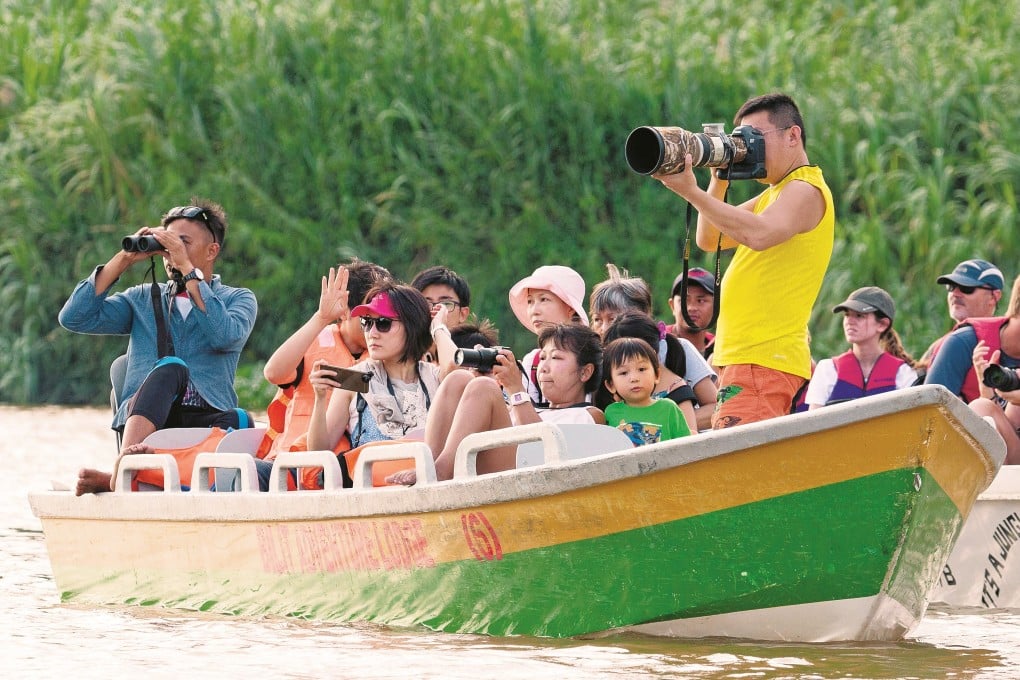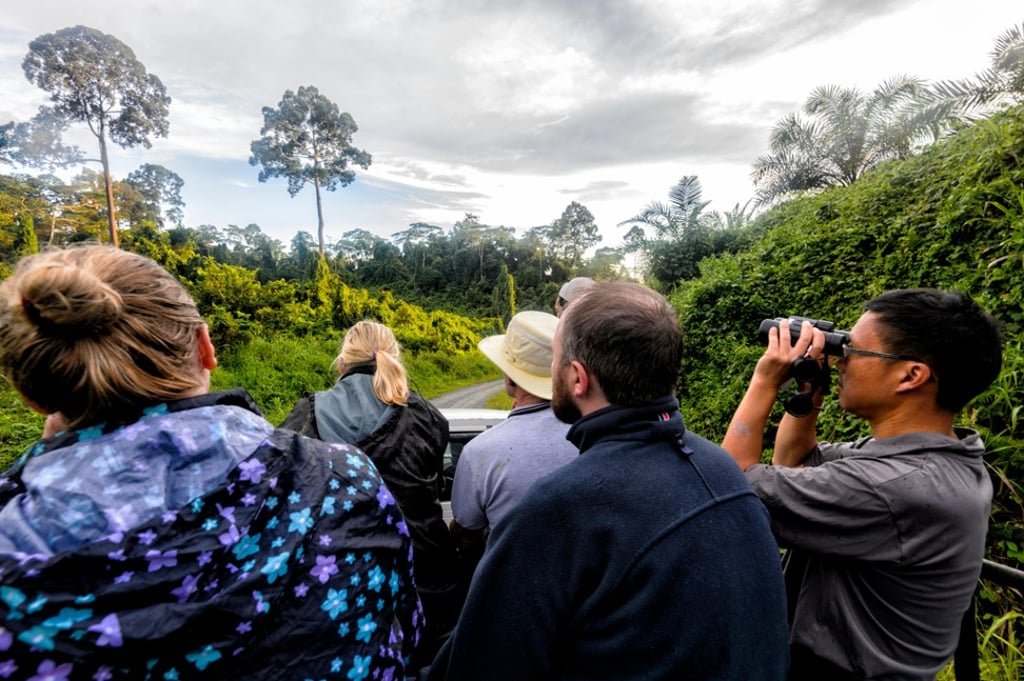Malaysian Borneo, natural wonder: will Chinese tourist boom destroy it, and kill the holiday trade in Sabah too?
- Nearly 600,000 Chinese tourists visited Sabah in eastern Malaysia – one of the world’s biodiversity hotspots – last year, sparking fears of overtourism
- An influx of illegal Chinese tour operators has also become a major problem for many local travel agents and guides

A tropical mecca for over a half a million holidaying Chinese every year, Sabah state in Malaysian Borneo is enjoying a tourism boom, and a string of recent diving and snorkelling tragedies has not dampened the enthusiasm.
Despite the potential fallout of departure levies on foreign visitors, and claims by local operators that their livelihoods are being corroded by overseas interests, Chinese enthusiasm for Sabah shows little signs of waning.
At the launch of a new China-built luxury yacht in the capital Kota Kinabalu in late July, the state’s tourism minister, Christina Liew, credited Chinese visitors for Sabah’s snowballing tourism success.
“The acceleration of tourism development in the state in recent years somewhat coincides with the increase in the number of Chinese tourists visiting Sabah every year,” she said. Nearly 600,000 Chinese tourists visited the eastern Malaysian state last year, according to the Sabah Tourism Board.

Sun and selfies may be Sabah’s traditional drawcards, but Liew says wildlife and natural encounters are increasingly luring a younger generation of independent travellers to what conservationists call a “biodiversity hotspot”. Sabah is home to thousands of species of charismatic animals, including orangutans and proboscis monkeys, as well as carnivorous pitcher plants and stinky parasitic Rafflesia flowers that grow up to a metre wide.
Chinese visitors can now catch direct flights to the state from Beijing, Xiamen, Fuzhou, Wuhan, Shenzhen, Macau and Kunming. Taking into account the increasing number of charter flights, it seems the state’s tourism boom has only just begun, raising serious questions about sustainability and the difficulties of handling large numbers of tourists.